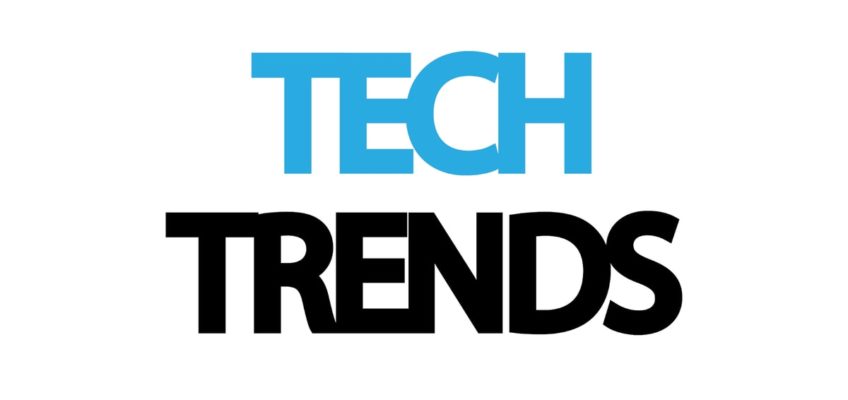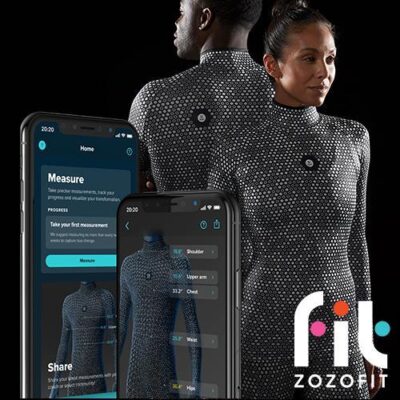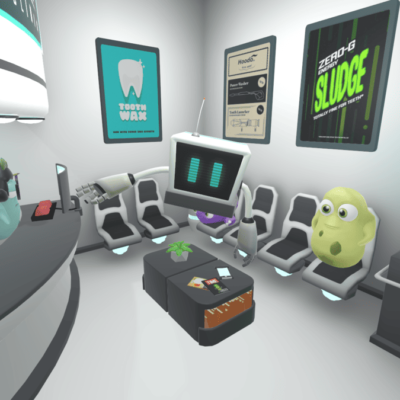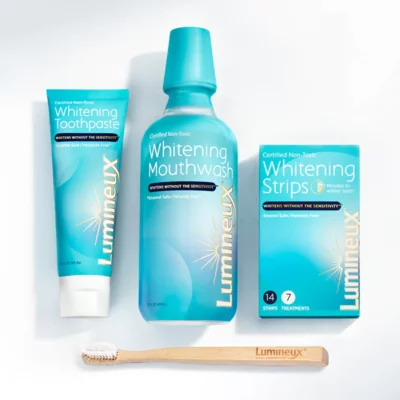It’s getting easier to make VR content, but showing it off is still a daunting task. WeLens is the start-up looking to change all that
The VR industry is growing rapidly, with PwC estimating that 68 million VR headsets will be in use in the U.S. by 2021 with an expected revenue of $4.6 billion. That massive hardware growth needs to be matched by quality content, however, as well as the ability to share it in a streamlined way. And this is what San Francisco start-up WeLens is setting out to do.
The VR hardware boom needs good quality, shareable content Share on X
WeLens has worked for years on delivering VR solutions for high profile events such as the Sundance film festival. Working at the coalface of delivering smooth audience experiences, and having managed and facilitated hundreds of VR activations around the world, they saw a growing demand for a simpler way to bring that “communal theatre” vibe to personal screens by syncing multiple devices with the same content. The idea that emerged was that there was a real need to make it easier for Marketers, Filmmakers and Educators to screen their own VR content.
“Right now, VR is very difficult to use in real-world settings outside of your living room, especially when you’re using multiple VR headsets,” said James Levy, WeLens’s founder and CEO. “Devices need to be manually setup one at a time, there’s no way to control and track devices, and the result is chaos, stress, and elevated tech support costs.”

LensPass is their recently launched software that is looking to fill that gap, by letting anyone setup their own VR screening, eliminating the need for technical staff at events. You can prepare and play VR content to multiple devices, it tracks engagement analytics with real-time device performance alerts, and offers the extra bonus on not relying heavily on WiFi to work, essential for environments such as festivals and conferences – which often suffer from chronic tech fails at the most inopportune moments. It’s available as a subscription service that allows users to assign screenings to any number of mobile VR devices from a simple customizable online dashboard.
“LensPass is designed to create opportunities for anyone to easily incorporate VR into different settings without the need for deep domain expertise,” explains Levy. “There is already a range of VR devices offering a variety of capabilities and benefits, from portable mobile VR systems to room-scale VR that can make use of an expanding number of peripherals and sensors. Especially now that hands-free augmented reality is looming on the horizon, at WeLens we expect to see VR expanding into an entire spectrum of immersive computing experiences, ranging from watching Netflix on a large virtual screen, to viewing a 3D scene play out on a table top using AR, to viewing a 360-degree video, to fully virtual experiences with positional tracking.”

But what all these devices have in common is that they are fundamentally designed for individual use, much more so than smartphones, tablets, or even wearables like smart watches. However, Levy doesn’t think this precludes making immersive experiences more social:
“Our goal is to help make VR and other immersive computing more of a communal process,”he says. “As a first step toward achieving that, we’re focused with LensPass on the needs of organizations that are sharing and screening VR experiences for groups. That’s a critical part of the emerging media landscape where lenses will start to gradually replace other screens”

“In the last couple years, we saw a lot of experimentation in VR from brands, marketers, non-profits and other organisations. In many instances, they’ve just been figuring out their production and post-production workflows. For those creating live-action video VR experiences, there’s been a lot of learning about how to capture video in 360, how to tell stories in that medium, and many technical learnings about how to perform well within current constraints.”
Accordingly, the early users of LensPass have included top marketing agencies, media brands, VR production houses, and major theme parks across the country.
“We’ve seen our customers discovering that immersive content is a truly powerful storytelling tool, and not just a novelty,” said Levy. “We believe that improving the communal aspects of mobile VR and other personal display technology is a critical part of the emerging media landscape.”
As well as the increased interest in the Augmented/Mixed reality end of the VR spectrum, Levy points the fact that where companies were previously only dabbling with VR have started incorporating it into their long-term strategy and investing much more heavily in the technology.
“A lot of organizations and brands are coming back to us and saying that they have much more ambitious projects, and in some cases aren’t doing one-off screenings but are incorporating VR into their retail strategy, or they’re doing a traveling campaign of marketing activations or screenings that put the VR front and centre. VR is starting to become more than just a novelty, and that’s because it’s really the best possible form of experiential marketing there is. After all, this immersive content is literally delivering an experience directly to your brain in a way that is completely unprecedented.”
Tech Trends’ Virtual Reality Consultancy services offers support for companies looking to get a foothold in the growing Mixed Reality spectrum and enhance their brand strategy with these exciting new technologies.
Alice Bonasio is a VR and Digital Transformation Consultant and Tech Trends’ Editor in Chief. She also regularly writes for Fast Company, Ars Technica, Quartz, Wired and others. Connect with her on LinkedInand follow @alicebonasio on Twitter.









